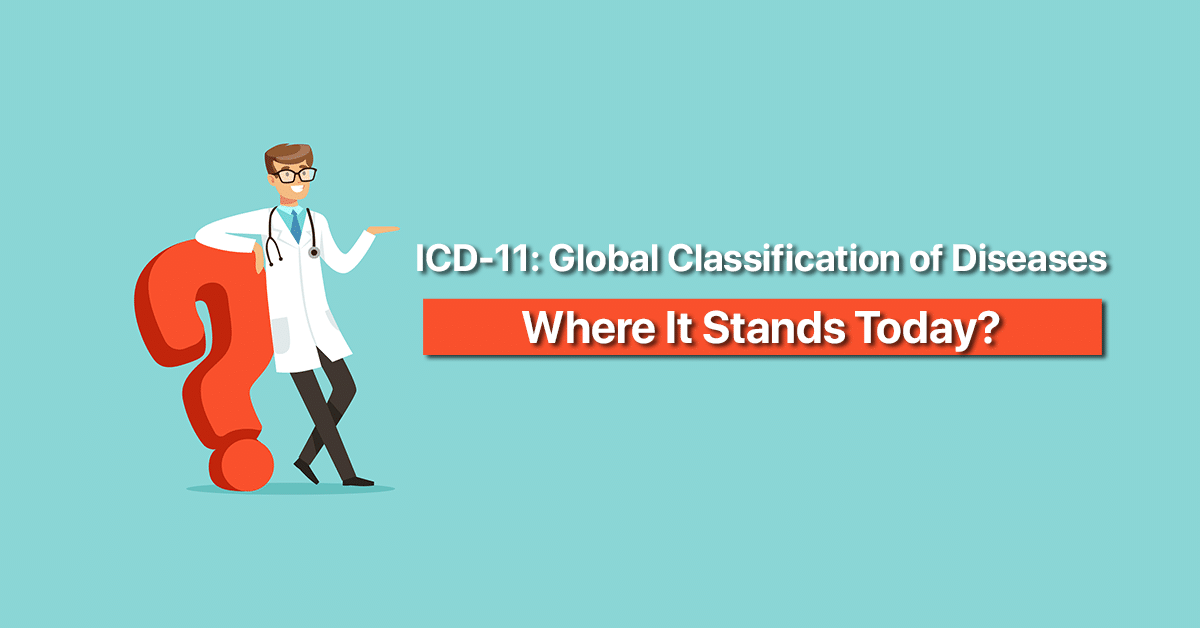The new code set has been officially adopted by 35 countries.
The World Health Organization (WHO) officially unveiled the first version of ICD-11 in February 2022, marking the eleventh version of the International Classification of Disease (ICD) as officially implemented. Recently, in February 2023, the WHO announced the release of ICD-11 2023 version, just a few weeks ago.
Following its release last year, the WHO has persistently urged all its member countries to transition to ICD-11, working alongside early adopters in the process. The WHO provides an online platform for maintenance where anyone can propose or comment on the organization’s family of international classifications. The ICD-11 2023 version incorporates significant input from early adopters, translators, scientists, and partners, with more than 500 proposals being processed since the initial release of ICD-11 2022.
In the beginning of last year, 35 Countries adopted ICD-10, according to WHO. However, with the 2023 version of the code set, the organization has reported that 64 member states are currently in varying stages of ICD-11 implementation, for mortality reporting, morbidity reporting, or both. Is ICD-11 codes are in use? Yes, it’s definitely in use worldwide.
However in United States, some decisive steps have made with ICD. Recently, the Centers for Medicare and Medicaid Services (CMS) announced the Medicare Advantage capitation rates for calendar year 2024, which include an updated risk adjustment model based on ICD-10-CM codes. This means that the model has now been updated to use ICD-10, which has been in use since 2015. This is just one example of how ICD has been integrated into a model with widespread effects. However, given the complexity of the transition, careful consideration and research are necessary to understand the implications in the U.S. Nevertheless, there are indications that the U.S. will continue to make progress on this research.
As reported earlier, the National Committee on Vital and Health Statistics (NCVHS) has been urging action that will allow the U.S. to make informed decisions about the ICD-11 adoption. The NCVHS initially recommended to the Secretary of Health and Human Services in November 2019 and again in September 2021, which included a research plan to assess the use of ICD-11 in the U.S. In the recent full committee meeting in December 2022, the NCVHS approved a proposal to establish an ICD-11 workgroup, consisting of experts in the field and other stakeholders. The workgroup’s primary objective is to provide recommendations to guide the development of sound U.S. policy for transitioning to and implementing ICD-11.
As per the proposal put forth in December 2022, the primary objective of the ICD-11 workgroup is to create suggestions to aid in the formulation of a well-informed U.S. policy for the shift to and execution of ICD-11. Since this workgroup is set to commence operations this year, it is probable that we will receive further updates about ICD-11 in the upcoming months.
The NCVHS website provides meeting materials such as reports, recommendations, and presentations. For those interested in keeping up with ICD-11 worldwide, the International Federation of Health Information Management Associations (IFHIMA) offers various ICD-11 resources.
Additionally, The WHO ICD-11 Homepage has a vast amount of information, including coding and browser tools, for anyone to explore the ICD-11 codes.
Source: https://icd10monitor.medlearn.com/where-in-the-world-is-icd-11/

